The technology has developed so much that today it is possible to apply it in several segments. In Brazil, where the economy is based on agriculture and its products, we have ample possibilities for the introduction of innovations capable of increasing the productivity, agricultural quality and sustainability of its crops.
Proof of this is plasticulture, as the use of low-density polyethylene allows protected cultivation and is advantageous for reducing waste. Mulching and greenhouses, for example, promote the benefit of control. The farmer has dominion over his crops, since it is possible to manage:
And other vital factors for planting quality, in addition to being able to reproduce the perfect climate for each desired species at any time of the year.
The agricultural sector is responsible for more than 70% of the use of drinking water on the planet and the application of plasticulture drastically reduces the consumption of water and energy in addition to contributing to rapid growth and strengthening of the plantation. drastically reducing the water and energy consumption, as well as contributing to the rapid growth and strengthening of the plantation.
Plastic has several uses in agriculture such as protection and storage. These applications provide:
Sustainability is the duty of all of us, and agribusiness has already shown that it is possible to produce more, with quality, consuming only what is necessary.
We, Agroflex, entered the plasticulture sector because we believe in great development opportunities considering the performance of national agribusiness and the investment in new technologies. For this we offer a complete line of plastic films for agriculture. Our DNA, which is to produce high quality material, is present in these products, which are available in a wide network of distributors spread throughout the country or directly in the company. Thus, agricultural producers can supply their most diverse needs in the field and enjoy the advantages of our agroplastics.
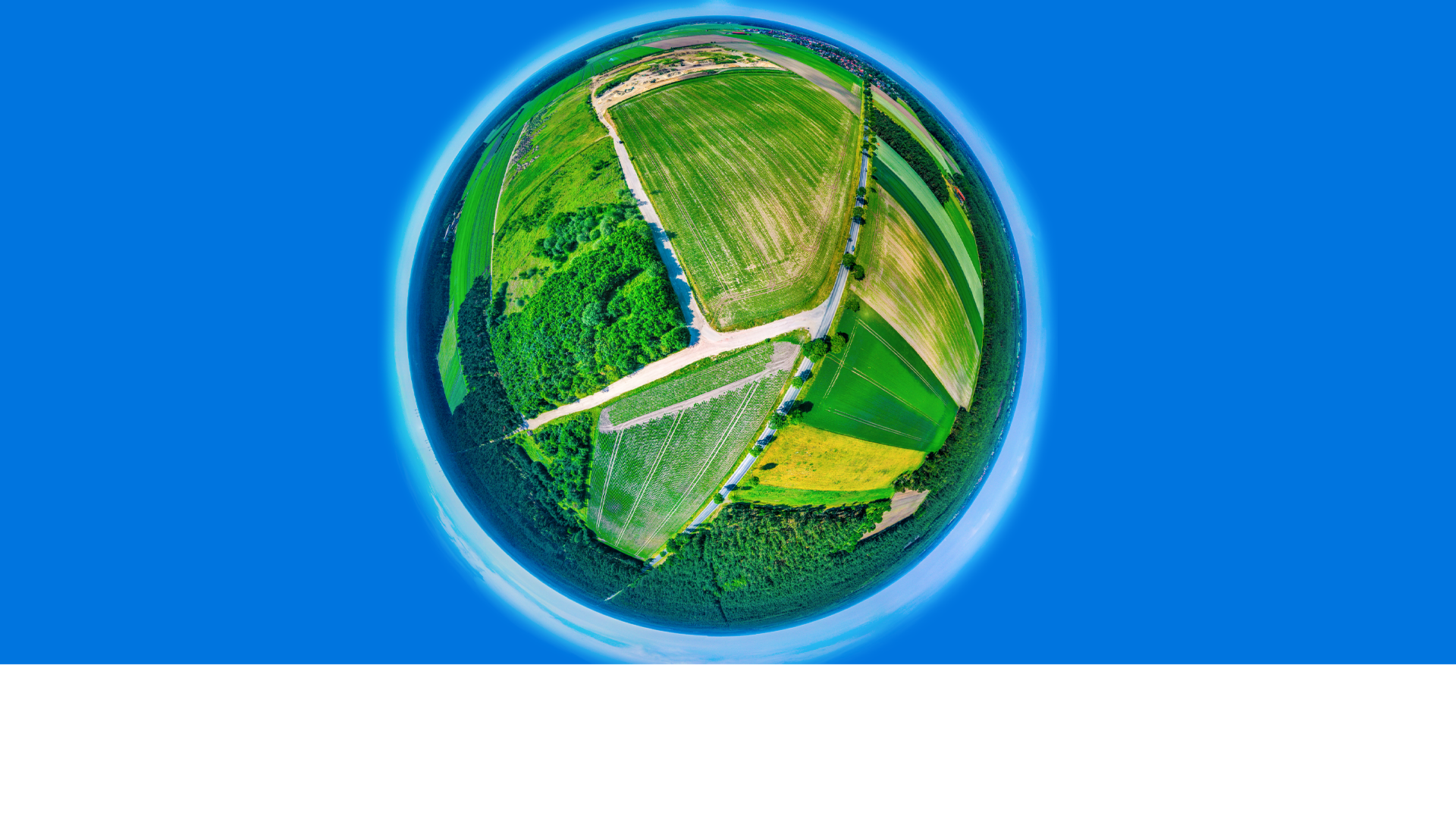
Agroflex follows the UN (United Nations) Sustainable Development Objectives that are aligned with 2030 agenda:
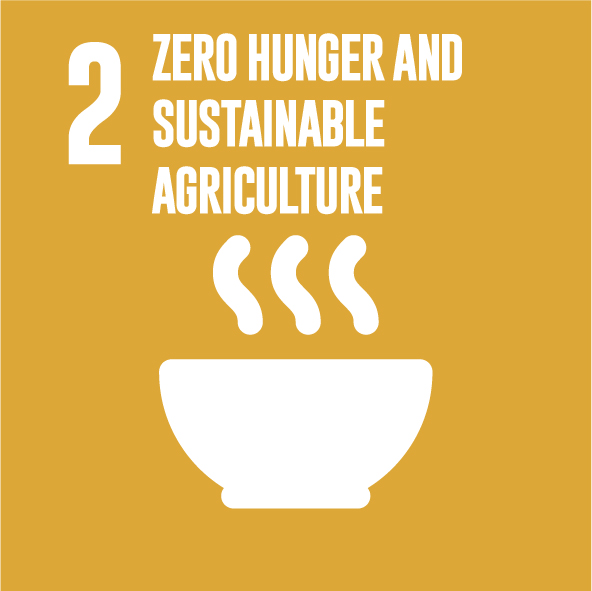
1. ODS 02 - Zero hunger and sustainable agriculture: Increasing agricultural productivity and sustainable food production are crucial to help alleviate the perils of hunger.
Through our plastic films, we guarantee food safety from packaging to the transport of goods.
The plasticulture produced by Agroflex promotes sustainable agriculture by reducing resources (water - energy - pesticides - impacts on the soil - etc.)
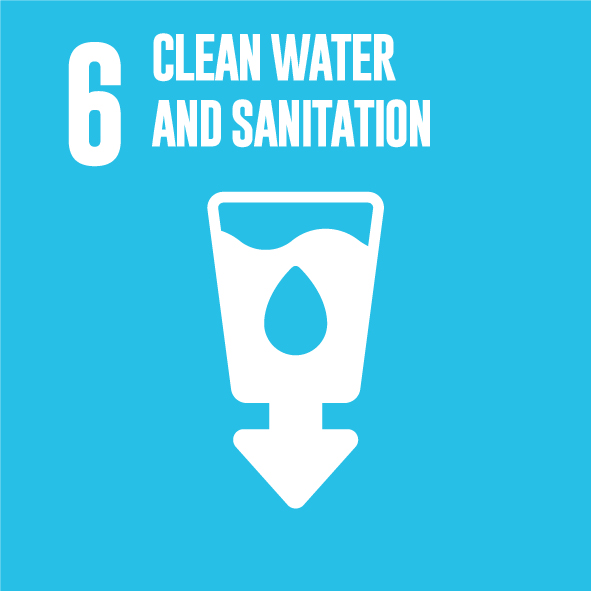
2. ODS 06 - Clean water and sanitation: Ensure access to water and sanitation for all
The recycling of industrial chips contributes to less water capture in its industrial processes, contributing to cleaner and more sustainable production.
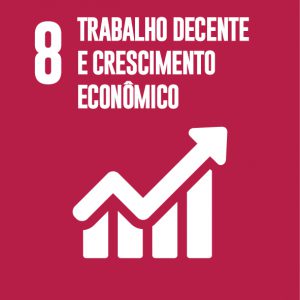
3. ODS 08 -Decent work and economic growth: Promote inclusive and sustainable economic growth, employment and decent work for all
In addition to generating jobs, Agroflex add new technologies to its products based on the principles of sustainability.
Part of this is the use of "green" resins from renewable sources and the possibility of recycling our products after their use by 100%.
In addition, Agroflex offers safe and secure environments for its employees.
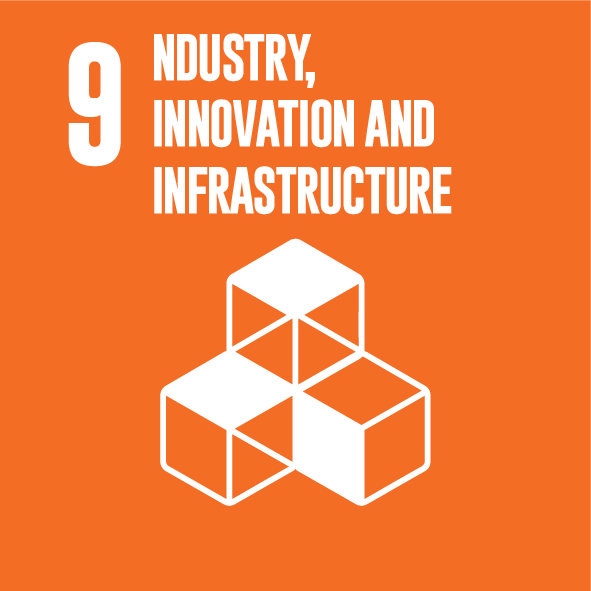
4. ODS 09 - Industry, innovation and infrastructure: Build resilient infrastructure, promote sustainable industrialization and foster innovation
Agroflex invests in research to develop quality products that meet the needs of farmers and cause less impact on the environment. Being aligned with innovation and infrastructure.
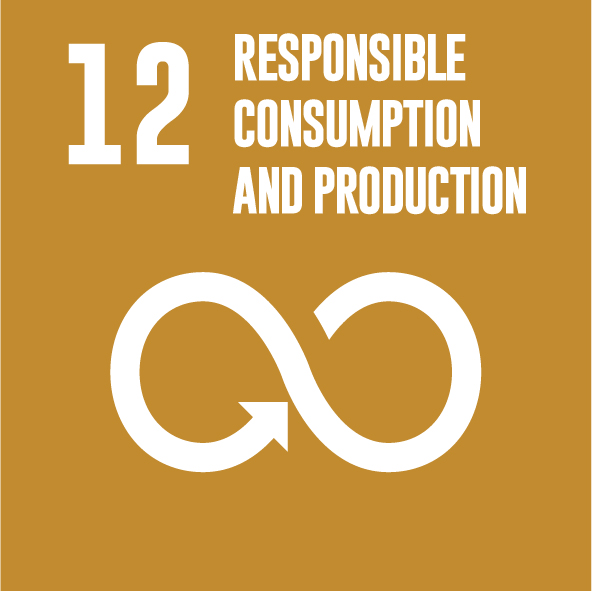
5. ODS 12 - Responsible consumption and production
Our flexible plastic films reduces food waste both in packaging and and through protected cultivation in the harvests.
Our production has zero waste, since the chips are transformed back into resins and reinserted in the process.
Advantages of production in protected cultivation:
Fonte: SEBRAE/EMBRAPA/WUR (Wageningen University & Research)

Plastic Insights is an institutional project designed to demystify the use of plastic in people's daily lives. Manifesting the countless benefits that this material can offer in several segments, from the agricultural, to health, automotive, among others.
Agroflex Brasil is proud to be part of the Plastic Insights program as an Official Partner.
ACCESS: plasticinsights.com.br